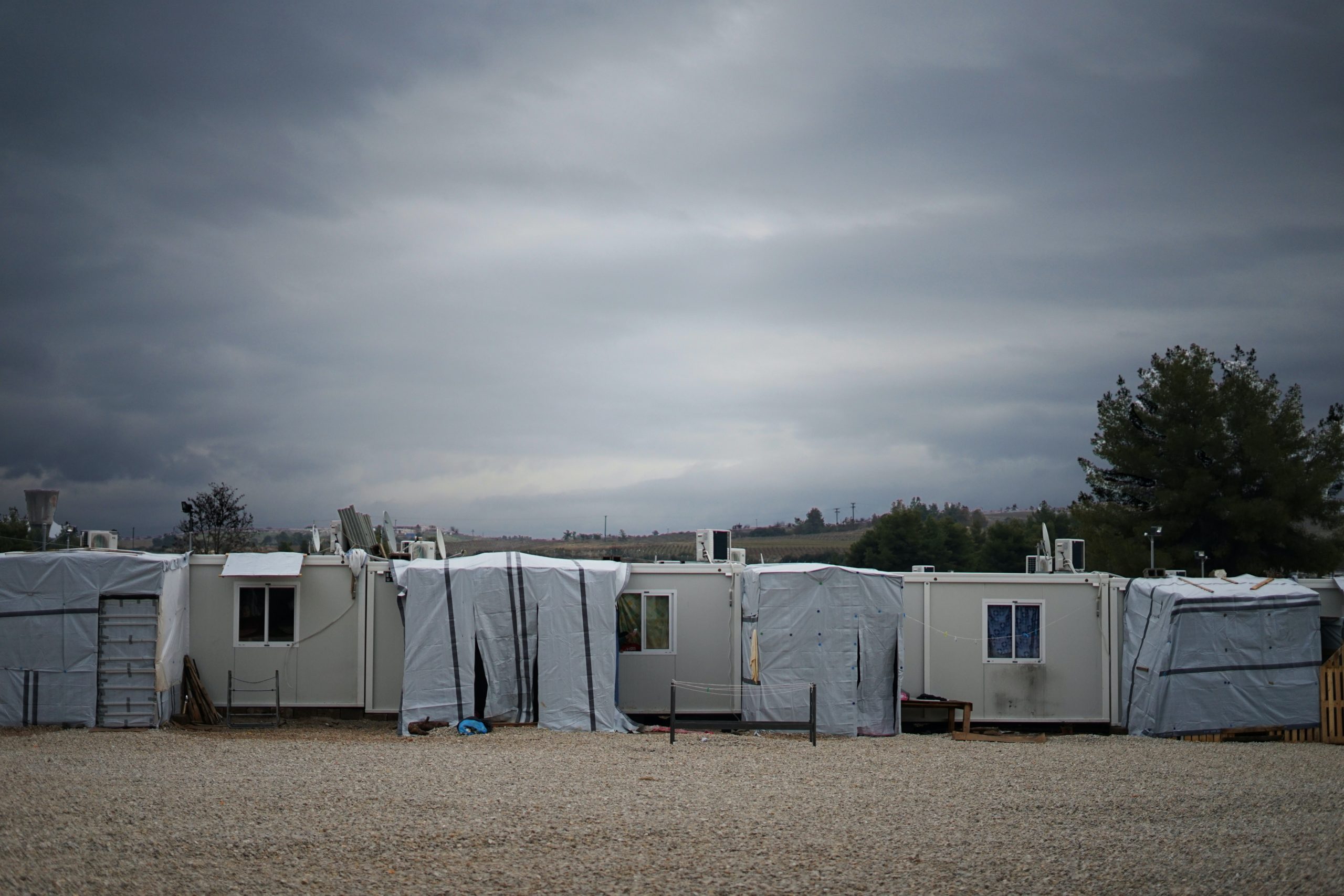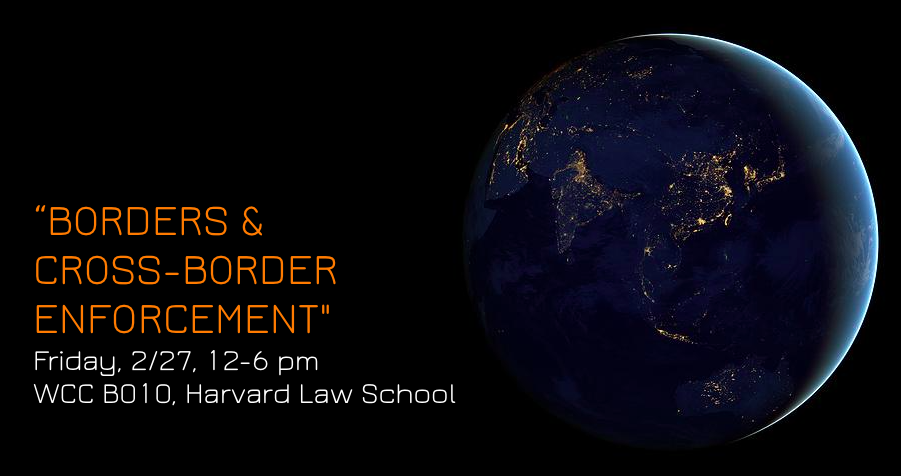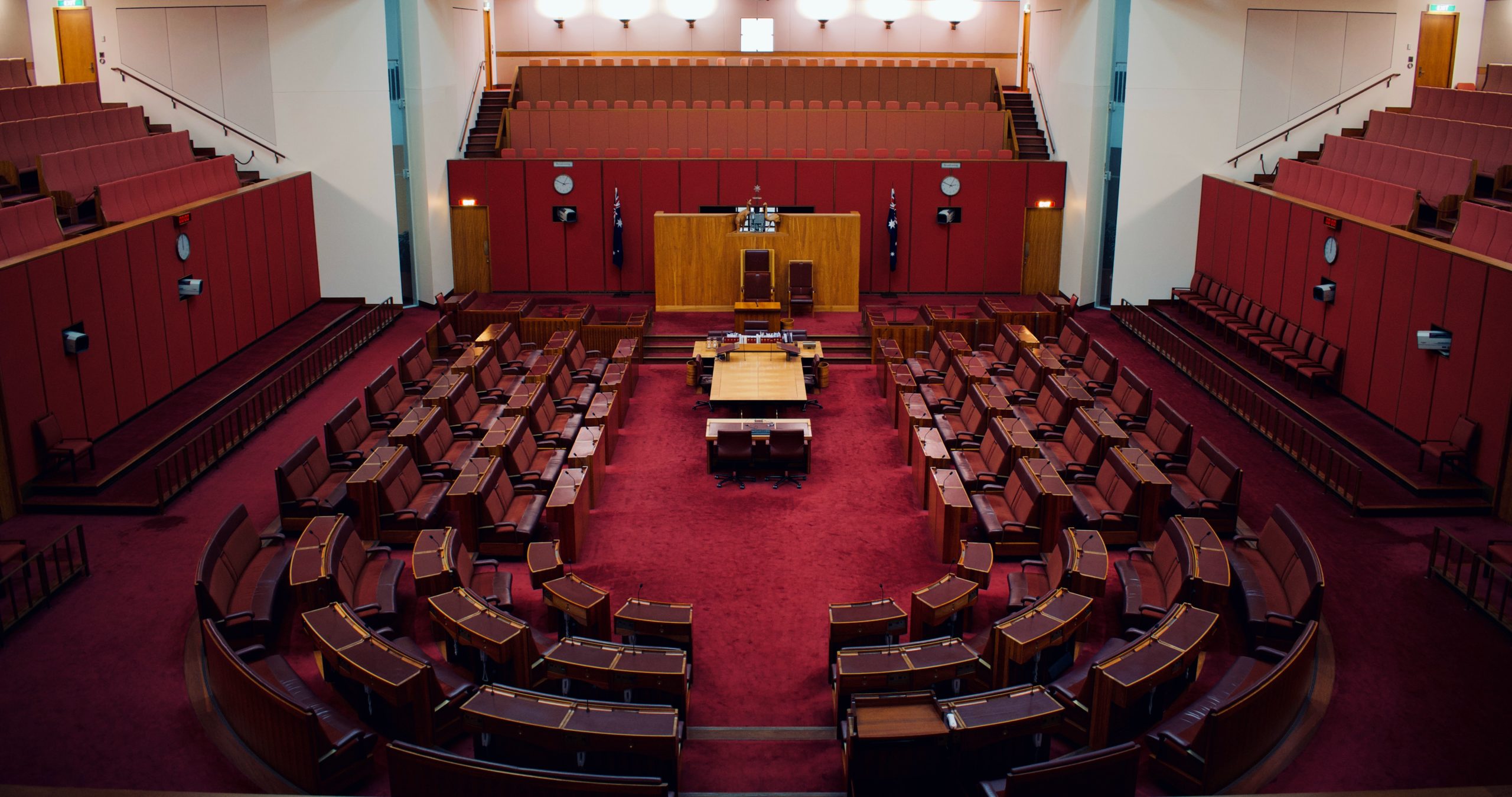
Harvard International Law Journal Symposium 2018: Frontiers of International Law
10.00 am – 6.15 pm

10.00 am – 6.15 pm

Friday, April 21, 2017 from noon-7:15PM
(Please see below for locations)
Follow us on Twitter:
#ILJSymp2017
On April 21, 2017, ILJ hosted its annual Spring Symposium, this year on the impact of major current events on international organization and cooperation. Our keynote speaker was Harold Koh, former Legal Adviser at the State Department, followed by three panels on the South China Sea Arbitration Ruling, Cross-Border Cybersecurity Threats, and Brexit and the E.U.
This ILJ Spring Symposium brought together some of the foremost experts and practitioners in their respective fields, including the lawyers who represented the Philippines in the South China Sea arbitration, government leaders in cybersecurity enforcement, and major voices in security debates.

Harvard International Law Journal
“International Law in Domestic Practice”
Friday, February 26, 2016 ⬩ 12:00 – 5:30pm ⬩ Hauser Hall, Harvard Law School
No RSVP required. Lunch and refreshments will be served.
12:00 – 1:00pm ⬩ Hauser 104
Keynote: John B. Bellinger III, Former Legal Adviser to the Department of State; Partner, Arnold & Porter
Mr. Bellinger is a partner in the international and national security practices of Arnold & Porter LLP in Washington, DC. He served as The Legal Adviser for the U.S. Department of State under Secretary of State Condoleezza Rice from April 2005 to January 2009. Mr. Bellinger negotiated a number of treaties and international agreements, including the Third Additional Protocol to the Geneva Conventions; represented the United States before the International Court of Justice in Mexico v. United States (Medellin) and the Iran-U.S. Claims Tribunal; and initiated a successful dialogue with U.S. allies and international organizations on human rights and international humanitarian law issues.
1:15 – 2:30pm ⬩ Hauser 105
Panel 1: Corporate Planning Through International Law
Sponsored by Debevoise & Plimpton LLP
This panel will discuss how multinational corporations and state actors can use international investment treaties, tax law, and political risk insurance to plan for growth and development in an increasingly global economy.
2:45 – 4:00pm⬩ Hauser 105
Panel 2: Leveraging International Law in Domestic Human Rights Advocacy
This panel will explore venues where domestic human rights advocacy may leverage international law for greater efficacy, including LGBT issues, the Black Lives Matter movement, immigration vetting procedures, and access to justice in the civil context.
4:15 – 5:30pm ⬩ Hauser 105
Panel 3: International Law in the American Legal System: Spotlight on Refugee and Asylum Law
This panel will examine how international law has shaped American refugee and asylum law by considering how American courts apply international law and standards in asylum petitions, tensions between refugee and asylum policy and national security, and more.
5:30 – 7:30 pm ⬩ The Pub, WCC
Reception
Please join us for an opportunity to interact with the speakers and other participants in an informal setting. Appetizers and drinks will be served; complimentary drink tickets will be available in between panel sessions.
Our Sponsors:
Dean of Students Conference Fund
The Committee:
Christopher Mirasola, Executive Editor, JD/MPP ’18
Marissa Yu, Executive Editor, JD ’17
Milana Karayanidi, LLM ’16
Alessandra La Vaccara, LLM ’16
Rebecca Rattner, JD ’17
Lara Townzen, JD ’18
Caroline Wilson, JD ’17

The Harvard International Law Journal invites you to its annual Symposium, to be held Friday, 2/27 from 12-6pm in WCC B010.
This year’s installment, titled “Borders and Cross-Border Enforcement,” will provide students, practitioners, and academics with a forum to discuss the evolution and challenges of defining borders and cross-border projections of law today.
The Symposium will feature a keynote address followed by panels on Independence Movements; Maritime Disputes in the South China Sea; and Economic Sanctions.
Please click here to access the Symposium website.
For additional information, please contact Samuel Chang or Ying Xia.

March 25, 2011
Harvard Law School
